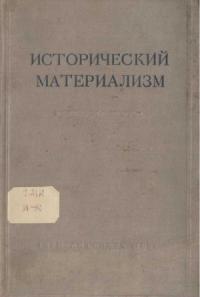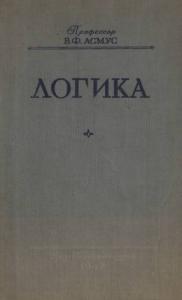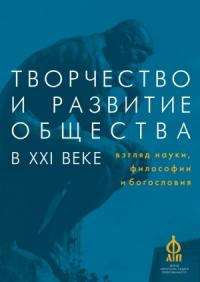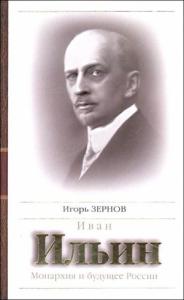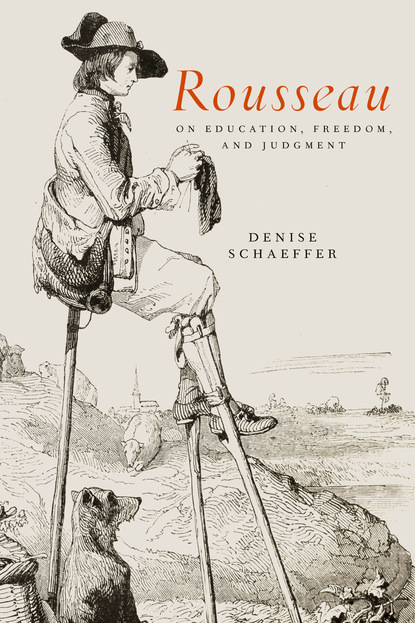
Rousseau on Education, Freedom, and Judgment скачать fb2
Denise Schaeffer - Rousseau on Education, Freedom, and Judgment краткое содержание
In R ousseau on Education, Freedom, and Judgment , Denise Schaeffer challenges the common view of Rousseau as primarily concerned with conditioning citizens’ passions in order to promote republican virtue and unreflective patriotism. Schaeffer argues that, to the contrary, Rousseau’s central concern is the problem of judgment and how to foster it on both the individual and political level in order to create the conditions for genuine self-rule. Offering a detailed commentary on Rousseau’s major work on education, Emile , and a wide-ranging analysis of the relationship between Emile and several of Rousseau’s other works, Schaeffer explores Rousseau’s understanding of what good judgment is, how it is learned, and why it is central to the achievement and preservation of human freedom. The model of Rousseauian citizenship that emerges from Schaeffer’s analysis is more dynamic and self-critical than is often recognized. This book demonstrates the importance of Rousseau’s contribution to our understanding of the faculty of judgment, and, more broadly, invites a critical reevaluation of Rousseau’s understanding of education, citizenship, and both individual and collective freedom.
Скачать книгу «Rousseau on Education, Freedom, and Judgment» Denise Schaeffer
Чтобы оставить свою оценку и/или комментарий, Вам нужно войти под своей учетной записью или зарегистрироваться
